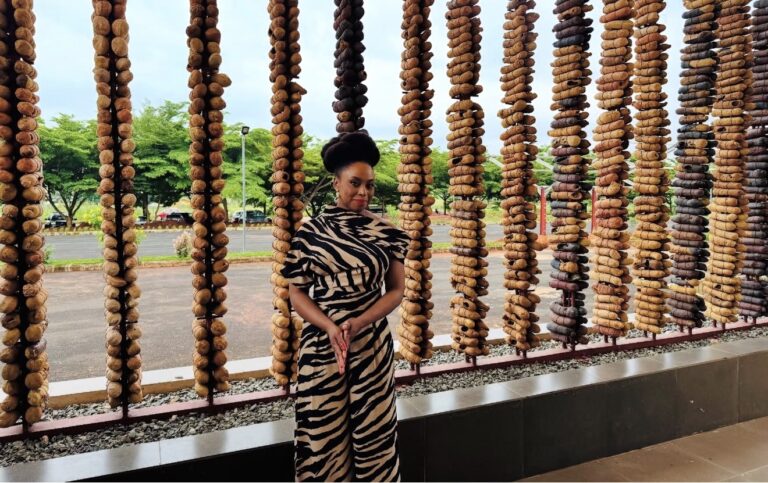
Early marriage continues to rob thousands of children in Nigeria of their childhood, education, and future opportunities.
Despite laws and campaigns against the practice, many girls and boys are married off before reaching adulthood, often facing domestic responsibilities, early pregnancies, and health risks.
Boys, too, can be forced into adult roles prematurely, limiting their education and career prospects.
Early marriage is not just a cultural issue—it is a barrier to development. “It shuts down dreams, limits potential, and perpetuates cycles of poverty,” says Dr. Ifeoma Okeke, a social development specialist.
UNICEF statistics indicate that nearly 43 percent of Nigerian girls are married before age 18, showing how widespread the problem remains.
Efforts to combat early marriage emphasize education, awareness, and support. Keeping children in school, educating parents and community leaders about its dangers, enforcing laws against child marriage, and providing economic support for vulnerable families are all key steps. Programs that mentor adolescents and equip them with skills can empower them to make informed choices and resist societal pressures.
Civil society advocates stress that protecting children’s rights today benefits the entire society tomorrow. Early marriage does more harm to childhood—it kills dreams. Giving children the chance to learn, grow, and plan for their future is essential for building a brighter, more prosperous nation.





